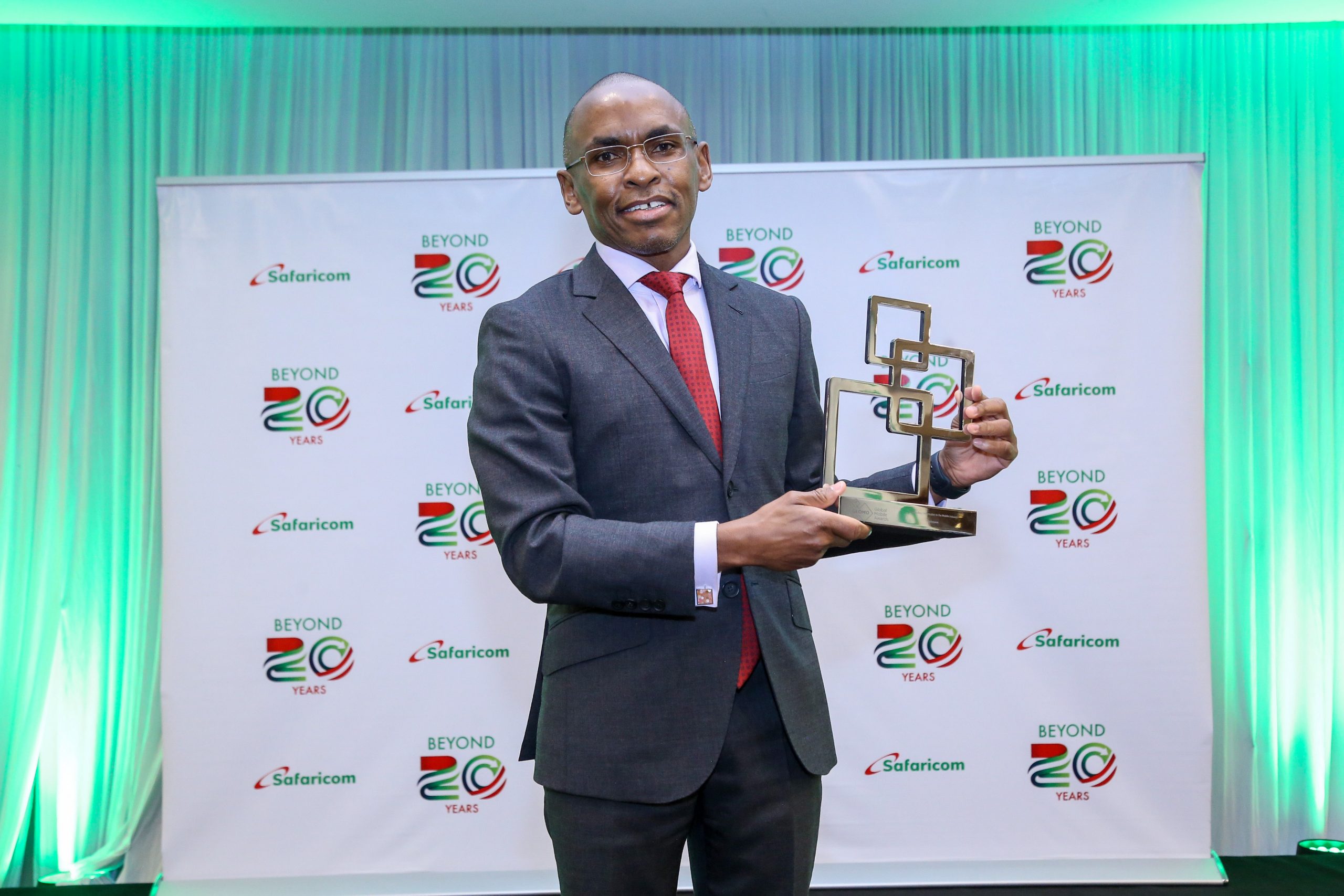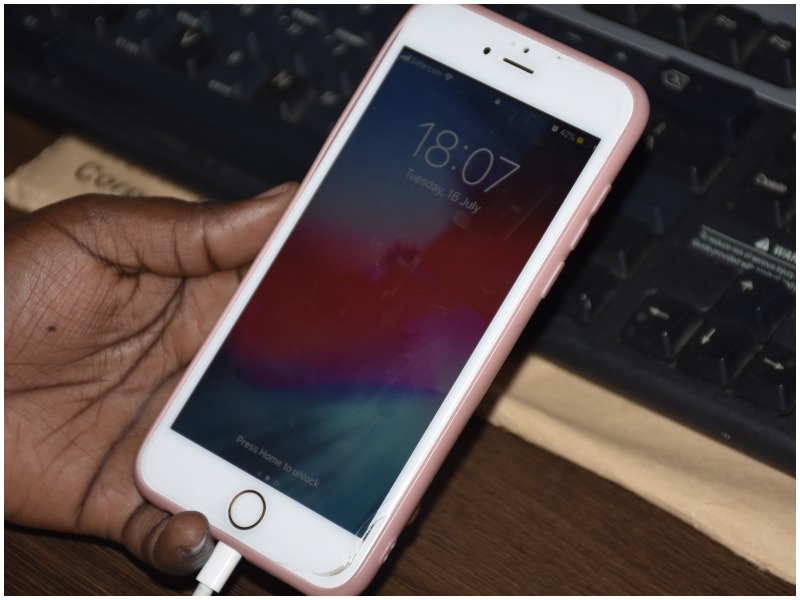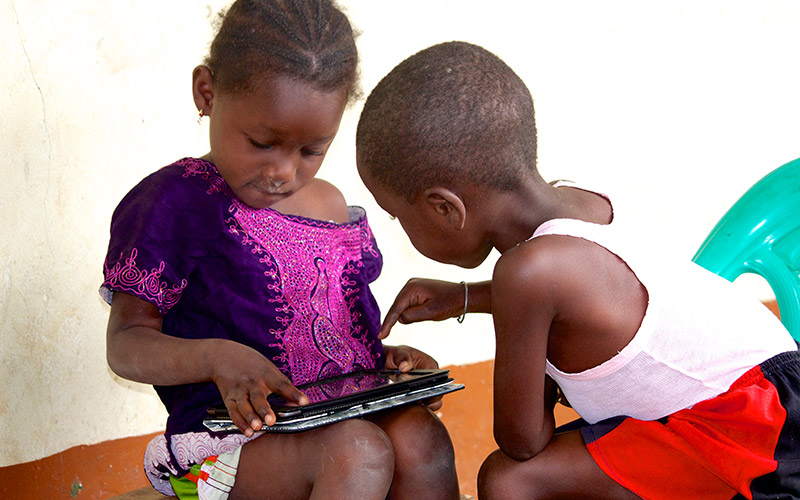The start of the COVID-19 pandemic accelerated the shift in how people get access to information, services and conduct business. As governments in most countries implemented hard lockdowns to curb the spread of the pandemic, mobile phones allowed people to stay connected and access critical services and information. This contributed to the growth of mobile internet usage, with over 3 billion people in low- and middle-income countries (LMICs) now accessing the internet on the palms of their hands.
In LMICs, the majority of women own a mobile phone and over half now use mobile internet. However, compared to men, women are seven percent less likely to own a mobile phone and 15 percent less likely to use mobile internet. This is particularly evident among women who are the most underserved, including those with low literacy, low incomes, who live in rural areas or have a disability.
The wide-ranging benefits of mobile technology are evident in the everyday life of underserved communities, especially in LMICs. Not only do mobile phones enable access to voice and communication services, but they are also often the only way to access the internet and digital financial services such as mobile money.
Access to mobile money accounts can help to unlock a variety of secure and life-enhancing services including savings, credit and insurance products and utilities. Improving women’s uptake and use of mobile services and mobile money can reduce the gender gap, offering women the chance of greater empowerment and autonomy over their personal and financial affairs and helping them become increasingly digital citizens.
The need for women’s safety in mobile technology
In many parts of the world, mobile network operators are working to understand and address the various barriers that women face trying to access and use mobile technology. Along with social norms and discrimination, one of the key barriers includes those relating to safety and security.
While access to mobile phones can help women feel safer, they can also be a conduit for threats, highlighting the inconsistent relationship between mobile technology and women’s safety. Such inconsistencies can act as a barrier to access and usage; limiting a women’s use or ownership of a mobile phone altogether.
One of the primary ways that women can feel unsafe when using mobile technology is through mobile-related harassment, including unsolicited phone calls and text messages. This is in part due to the misuse of mobile numbers obtained by agents or at points of sale, which are commonly shared with the agent or merchant when making transactions.
Approach for tackling the problem
The GSMA Inclusive Tech Lab is collaborating with GSMA Connected Women and MTN Ghana to explore innovative ways in which tokenisation of mobile phone numbers can be used to improve security for women and customers more broadly. Tokenisation is a technology in which a sensitive data element is substituted by a non-sensitive equivalent, referred to as a token, that has no exploitable meaning or value. Additionally, this can assist to ensure that users feel secure when accessing mobile money services.
This mobile tokenisation solution has been developed to improve safety and security for women who are using their mobile money accounts for cash-in and cash-out of money and performing a payment at a merchant location, but it showcases just one of the use cases where a user’s sensitive data, such as a phone number, can be replaced with a token – a non-sensitive, context-restricted number.
The customer can request a token at any time over SMS or USSD. Using the token number, the customer has access to a variety of mobile money services, avoiding the disclosure of their mobile phone number. On the other side, the agent does not need to do anything different. The phone number field can be filled with the token number and the transaction will proceed normally. If desired, the user can delete the token and request a new one.
Shaping the perception
The solution was created with a user-first mindset, aiming to keep the interaction intuitive and with changes that do not impact the processes users are accustomed to. With the target user group in mind, this is key to accommodate users’ digital skills and existing behaviours with minimal disruption.
At the same time, the technological solution was designed such that it requires minimal changes to the operator’s current platform. This is possible because the token can have the same format as the current mobile number. In that way, the system interfaces in the same way to access services required by users and agents, requiring only small changes on the server-side and making the solution more easily implemented and deployed by industry players.
It is vital that providers consider women’s mobile-related safety concerns in LMICs to enable access to basic services and provide opportunities for the personal and economic growth of women.
This article was written by GSMA Head of Financial Inclusion and AgriTech Ashley Olson Onyango.
Read: The Gender Gap in Mobile Internet Use is Shrinking – GSMA Study Reveals
>>> First GSMA We Care Initiative launches in Kenya with focus on online child protection









![Even when women have the same levels of education, income, literacy, and employment as men, they are still less likely to own a mobile phone or use mobile internet. [Photo/Stocksy United]](https://businesstoday.co.ke/wp-content/uploads/2021/06/stocksy.jpg)



Leave a comment